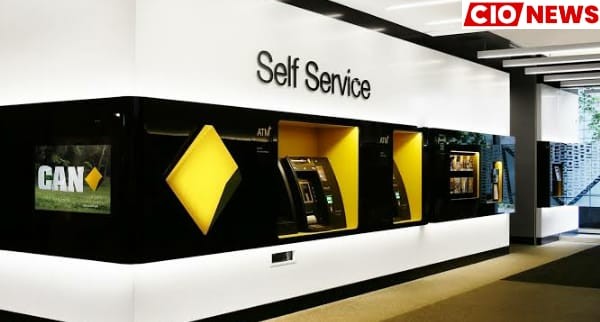Customer behavioral change is now pushing banks and NBFCs to invest heavily in DIY technology such as chatbots and financial voice assistants.
At a time when neither the company could reach its customers nor the customers could reach the branch officers, there was no other choice left for customers than self-help. This self-help and self-service has generated a new ‘do it yourself’ (DIY) Meaning that when banks or NBFCs do not directly support customers with their queries personally, They started to launch or update their self-help portals so that customers could do things on their own.
A minor change in consumer behavior pushes businesses to change their approach to the market and consumers. And this changeover was higher than anticipated. Organizations have started to improve their customer networks in order to provide them with better services and to help them by doing so themselves.
The BFSI industry has a hidden yet Major component of trust in its business operation. People want to be informed of any change in policy or interest rate. With the lockdown in place and the call center lines choked, consumers used the digital tools heavily. The use of bots doubled during the lockdown and allowed customers to remain connected in difficult times.
Take Fincare Small Finance Bank, for example. The bank has transformed WhatsApp banking from a menu-driven service to a multilingual NLP service where customers can type in free text in English, Hindi and Hinglish and the bot provides a safe and accurate response. Uses Natural Language Processing ( NLP) and advanced machine learning capabilities to continuously train an algorithm to improve response effectiveness.
Owing to the effectiveness and efficiency of the bots, the bank saw a 2.5x rise in its usage while being in lockdown.
“The bot is designed with high scalability in mind to respond to thousands of queries every hour. During the lockdown, it has been very difficult for our call centre employees to reach the office to attend support calls or for the customers to visit the branches, having a conversational bot was a great help to our customers for receiving uninterrupted banking services,” said Prakash Sundaram S, Chief Strategy Officer, Fincare Small Finance Bank.
It was not just in the banking industry that people engaged with digital tools. In the Insurance sector, where customers were worried about paying premiums due to pay cuts and unregulated income, they turned to chatbots too.
“With the lockdown in place, a lot of things changed and people wanted to know about what should be done and what should not be done so, there was a need to continuously engage. And we have tried to keep our customers informed and engage through various modes through every means possible including the bots,” said Anjali Malhotra, Chief Customer, Marketing, Digital and IT Officer, Aviva India.
“Our bot is called Alisha, an acronym for Aviva Life Insurance Self Help Assistant. It is based on IBM Watson with built-in NLP. It understands language, can self learn and become smarter with every other conversation. Initially, we had offered many options but during the time of COVID, a few changes were made which included a lot of FAQs and we saw the traffic go up,” she added.
Observing this change in consumer behavior, the Nippon India Mutual Fund introduced an AI-based conversational interface, thus making 80,000 people download their application within 180 days.
Bots raise their voice
The company is partnering with Google’s search giant to launch APAC’s first AI-powered voice-based financial transactions that enable the purchase, withdrawal and balance of the liquid fund.
The solution allows the investor to transact the Simply Save App in a very normal, simple, convenient, and intuitive medium – the human voice, allowing the ‘do it yourself’ service.






